当前位置:
X-MOL 学术
›
Theatre Research International
›
论文详情
Our official English website, www.x-mol.net, welcomes your
feedback! (Note: you will need to create a separate account there.)
The Forgotten History of Our Times: Revisiting Utpal Dutt's Titu Mir in Contemporary India
Theatre Research International ( IF 0.3 ) Pub Date : 2023-11-09 , DOI: 10.1017/s0307883323000172 MALLARIKA SINHA ROY
Theatre Research International ( IF 0.3 ) Pub Date : 2023-11-09 , DOI: 10.1017/s0307883323000172 MALLARIKA SINHA ROY
This paper is an exploration of the most recent revival of Utpal Dutt's play Titu Mir in 2019 by the ensemble group Theatre Formation Paribartak in India. Islamic religious reformer Titu Mir led a peasant rebellion from 1827 to 1831 in the Barasat region of Bengal and the play focuses on a narrative of revolutionary resistance to colonialism. Titu Mir becomes an articulation of political theatre against the Hindu right-wing agenda of expunging Muslim national heroes from Indian history. This essay seeks Titu Mir 's relevance as a site and theory of materializing historical contradictions, and as part of a ‘gestic’ feminist criticism of theatre. The essay attempts to understand how critique of patriarchal ideology is enmeshed in critique of colonialism in Titu Mir , especially in those moments where the play addresses complexities of political violence, interracial romance, martyrdom, alienation in the colony and deep-rooted misogyny in the project of colonialism.
中文翻译:

我们这个时代被遗忘的历史:在当代印度重温乌特帕尔·杜特的《蒂图·米尔》
本文是对乌特帕尔·杜特戏剧最近复兴的探索蒂图·米尔 2019 年,由印度 Paribartak 乐团 Theatre Formation 演出。1827 年至 1831 年间,伊斯兰宗教改革家蒂图·米尔 (Titu Mir) 在孟加拉巴拉萨特地区领导了一场农民起义,该剧重点讲述了反抗殖民主义的革命斗争。蒂图·米尔 成为反对印度教右翼议程的政治戏剧,该议程将穆斯林民族英雄从印度历史中删除。本文寻求蒂图·米尔 作为具体化历史矛盾的场所和理论,以及作为戏剧“姿态”女权主义批评的一部分,它具有相关性。本文试图理解对父权意识形态的批判如何与对殖民主义的批判交织在一起。蒂图·米尔 尤其是在该剧涉及政治暴力、跨种族浪漫、殉难、殖民地疏远以及殖民主义计划中根深蒂固的厌女症等复杂问题的时刻。
更新日期:2023-11-09
中文翻译:

我们这个时代被遗忘的历史:在当代印度重温乌特帕尔·杜特的《蒂图·米尔》
本文是对乌特帕尔·杜特戏剧最近复兴的探索











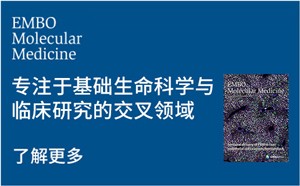




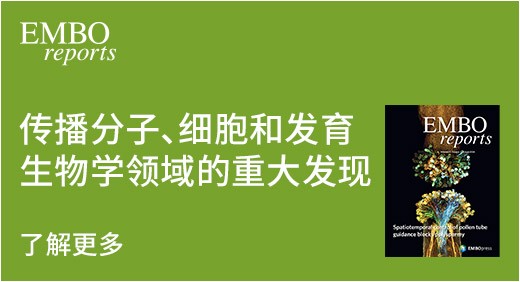
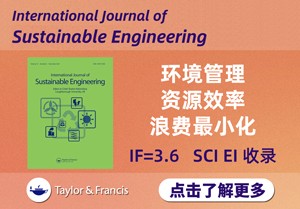

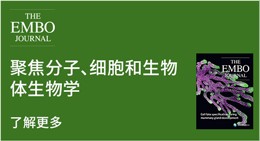










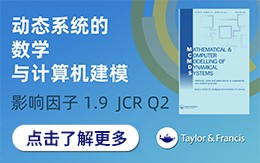




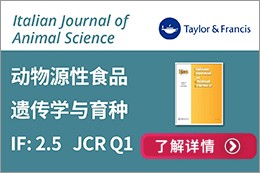














 京公网安备 11010802027423号
京公网安备 11010802027423号